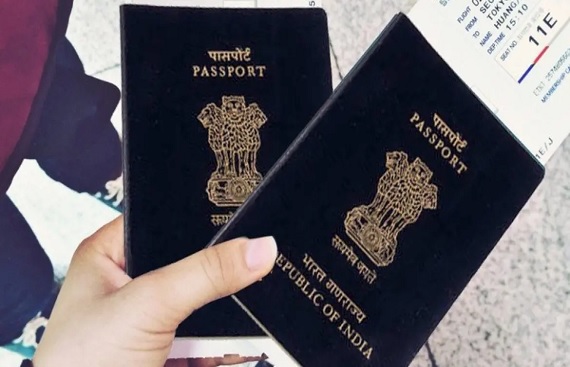India Rolls Out e-Passports to Boost Security and Global Travel Efficiency
By
siliconindia | Tuesday, 13 May 2025, 06:28 Hrs

- India has launched e-passports to enhance identification and security by integrating advanced electronic technology with traditional passports.
- The initiative is part of the Passport Seva Programme (PSP) Version 2.0, which began on April 1, 2024, as per the Ministry of External Affairs.
- The introduction of e-passports aligns India with international travel document standards, facilitating smoother immigration processes abroad.
In a move to revamp travel documentation, the government of India has begun issuing e-passports, blending cutting-edge electronic technology with conventional paper-based passports. The Ministry of External Affairs confirmed that the move is being undertaken under the Passport Seva Programme (PSP) Version 2.0, which officially started on April 1, 2024.
The new e-passports have an embedded antenna and a Radio Frequency Identification (RFID) chip, housed in an inlay, and are stamped with an identifying gold-colored symbol under the front cover. They can easily be recognized and are made secure by secure encryption algorithms. Public Key Infrastructure (PKI) also adds strength to the infrastructure by protecting sensitive biometric and personal data, and by ensuring that the data stored is authentic.
First, e-passports are being distributed via selected Regional Passport Offices in Nagpur, Bhubaneswar, Jammu, Goa, Shimla, Raipur, Amritsar, Jaipur, Chennai, Hyderabad, Surat, and Ranchi. The government intends to roll this out progressively throughout the nation.
A breakthrough was seen in Tamil Nadu, wherein the Regional Passport Office in Chennai began issuing e-passports on March 3, 2025. As of March 22, 20,729 e-passports had already been issued in the state, reflecting popular response and operational preparedness.
One of the key benefits of e-passports is increased data security, which prevents forgery and fraudulent copying vital while traveling abroad and controlling borders.
But authorities made it clear that the acquisition of an e-passport is optional. Current passports will still remain valid until they expire, which will ensure smooth transition for Indian citizens.
